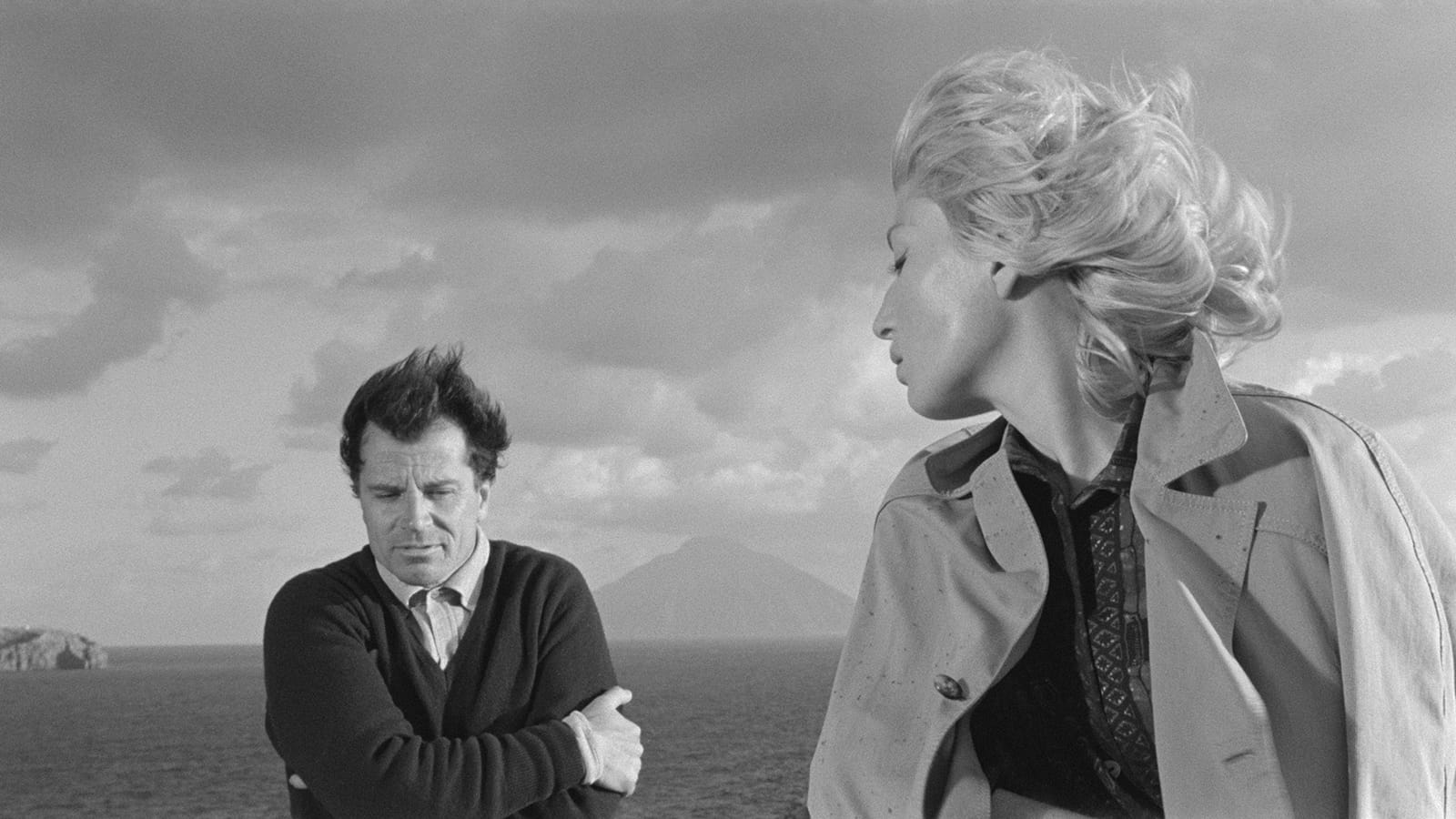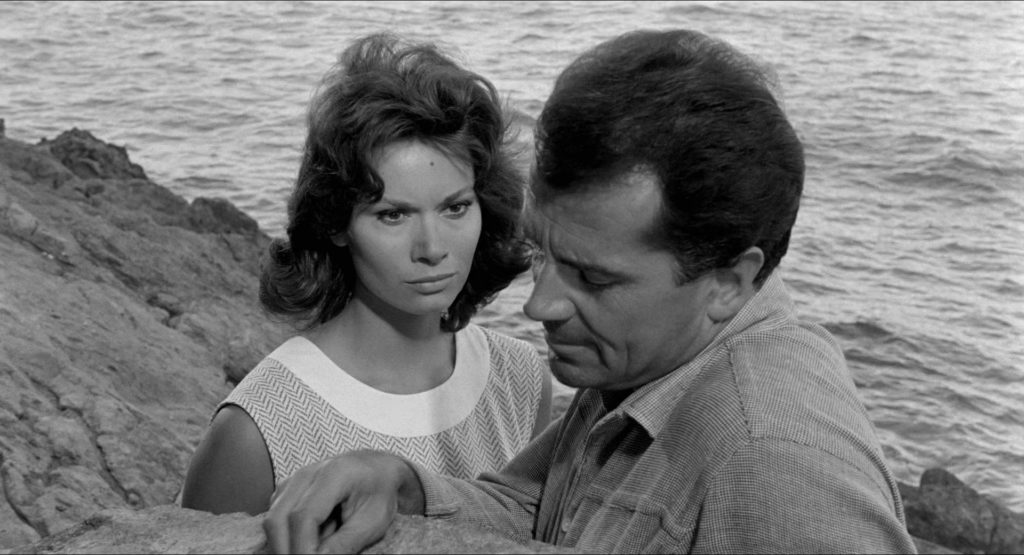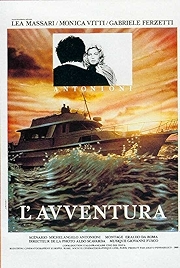When L’Avventura debuted at the Cannes film festival in 1960 the reception was so unfavourable that the director, Michelangelo Antonioni, and his star, Monica Vitti, ended up beating a hasty retreat from the cinema where it was being shown. Up to the point where they decided it wasn’t worth it any more they’d endured boos, jeers, laughs and shouts of “Cut!” in scenes which, the audience felt, just ran on too long. Everyone’s a critic.
By the next day sentiment had started to shift. The film went on to win the Jury Prize – among those on the jury were the writers Henry Miller and Georges Simenon, so a tough crowd – and since then the film is a regular on lists long and short when talk turns to the greatest ever made.
It’s the first of the Incommunicability Trilogy (La Notte and L’Eclisse would follow), a name given by critics rather than Antonioni. A difficult film in many respects, it starts off following a bored rich girl Anna (Lea Massari) and her pal Claudia (Monica Vitti) on a long weekend away with other bored rich people. Swimming, sex, pootling around the Aeolian islands on a boat, that’s the general idea. But then Anna suddenly disappears, forcing the entire group to marshal themselves – with various degrees of enthuasiasm – and search for her high and low on a chunk of volcanic rock so bare there’s nowhere really to hide. Anna is gone. Leaving behind her guy, Sandro (Gabriele Ferzetti) and her pal, who, having got to know each other a bit better in this moment of high tension… well, it’s Italy and they’re good looking people… you follow my drift. (More cynically, if there’s one thing people wanted from European films at this time, which marked them out as different from American films, it was illicit sex.)
L’Avventura translates obviously as The Adventure but Italians also use the word to mean a fling. A young woman goes missing and so her best friend jumps into bed with her man. It’s grotesque behaviour, though neither Sandro nor Claudia see it that way and it’s no surprise the film was criticised as immoral by various religious commentators.
At one level that’s fair enough. But Sandro and Claudia’s fling is only one of many, many, many instances in this film of people just getting the whole thing wrong, saying the wrong thing, doing the wrong thing, behaving in ways that make no sense. Take an early scene – while swimming in the sea Anna screams she’s seen a shark and causes a panic. There is no shark. She’s made it all up. Why? Later, after Anna has disappeared, the search party meet an old fisherman. Is anything up, the fisherman asks, conversationally. No, nothing, Sandro replies. Why? Someone is missing, why not just say so? “Words… create misunderstandings,” Sandro had said to Anna before she disappeared, trying to smooth out their troubled relationship. Fair enough, but what else do human beings have?
These scenes set on the island are the best in the film. Here, L’Avventura’s “message” is distilled to a syrup, in scenes that are exquisitely composed, with Antonioni moving his camera about not to focus on this man or that woman because they’re speaking but to get his tableaux more perfectly in the frame.
Generally, people in films say things that advance the action or reveal something about themselves or others. Not here. Half the time the character we’re watching is shit-splaining, running a constant mindless commentary on what’s going on round them, even though they’re barely aware of what actually is going on round them.
But what little grasp they do have of reality or events, or consequences or appropriateness (this is the great movie about inappropriate behaviour) vanishes like vapour when sex rears its head. Look at the scene where Claudia walks through a square that’s full of men, and they all, like dogs hypnotised by a string of sausages, can’t help themselves. The women are as bad – rich bitch Giulia (one of the yacht party) is at one point introduced to a 17-year-old artist with bedroom eyes and… kablooey! She’s old enough to be his mother. But she’s powerless against the urge.
If Antonioni liked his characters more L’Avventura would be a much more engaging film. It has “something to say” but Antonioni doesn’t make it easy. Junking about 50 per cent of film-making orthodoxy is one thing, but these people – pretty much everyone in the film in fact – lack something, starting with that very first scene between bored dilettante Anna and her pompous money-loving father and continuing right to the end where Antonioni holds out a tattered shred of a happy ending, of sorts.
See the films of Hirokazu Kore-eda, someone who has borrowed a lot of the style and philosophy of Antonioni, for a warmer version of the same. Antonioni is bleak.
L’Avventura – Watch it/buy it at Amazon
I am an Amazon affiliate
© Steve Morrissey 2022


